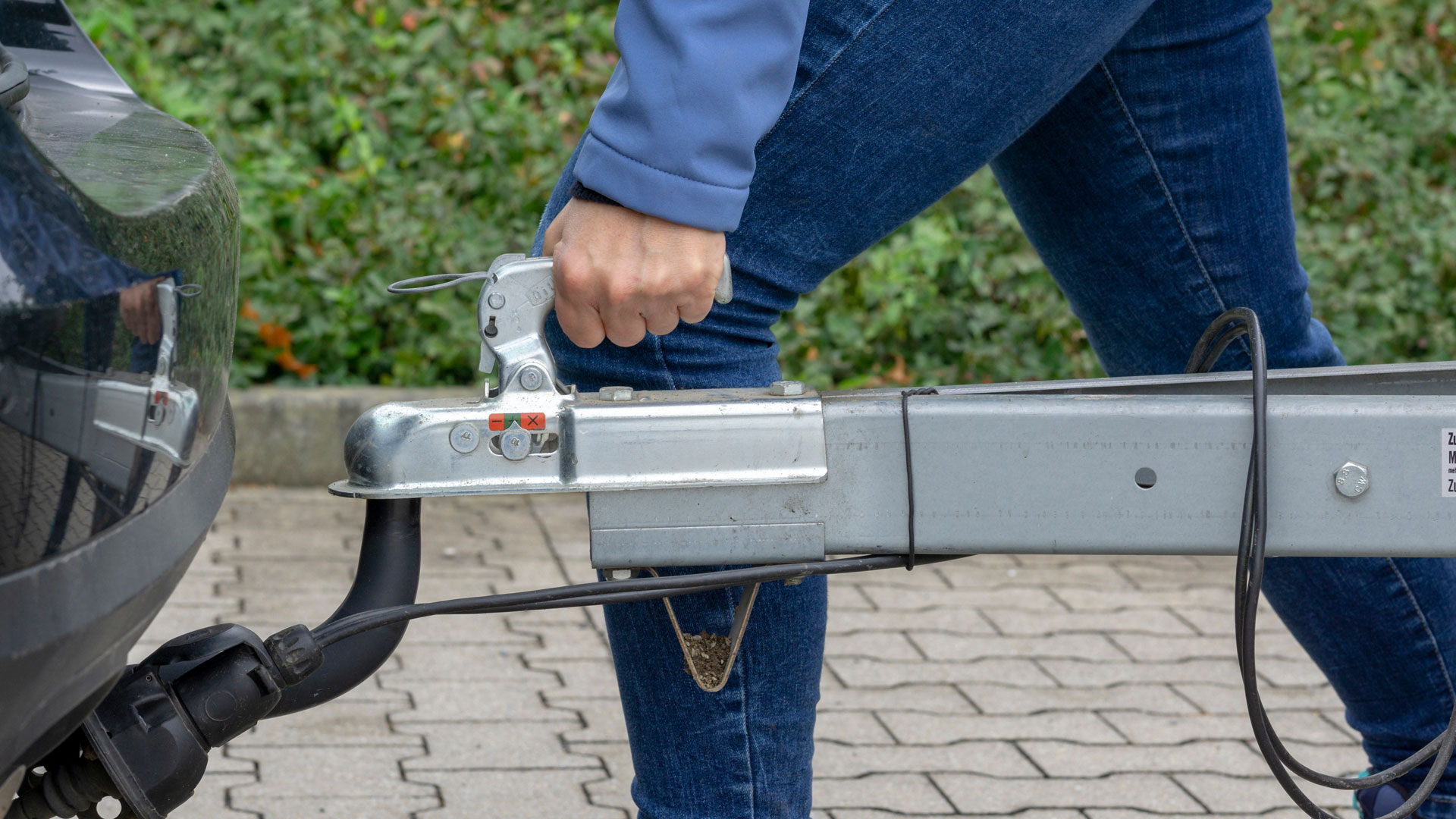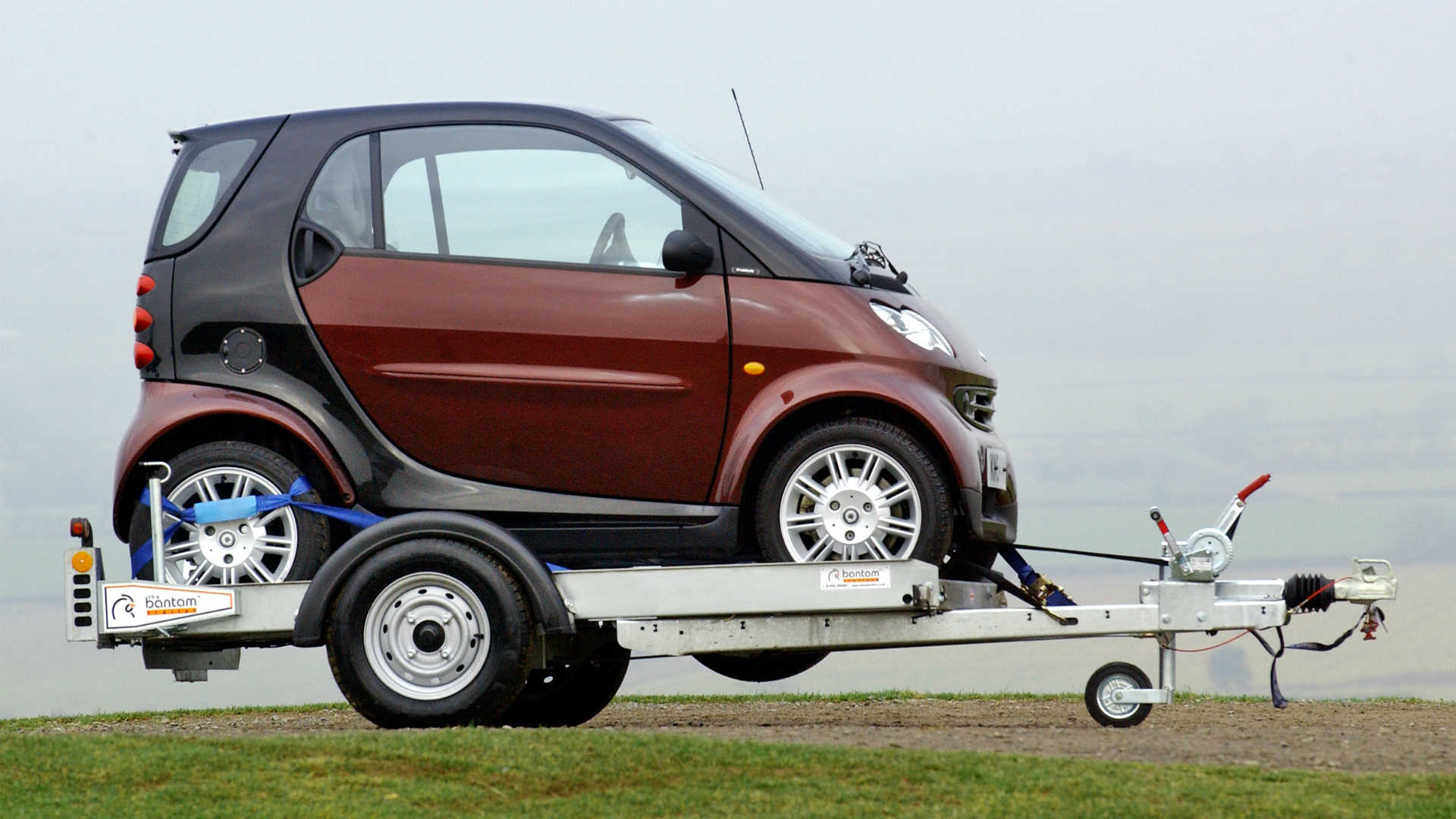
There are around 4,000 incidents involving trailers on our roads every year, which has prompted Highways England to issue towing advice.
It follows a ‘runaway’ trailer on the M25 in Surrey, which caused five miles of tailbacks and delays of around 40 minutes. The advice is simple: ‘check it before towing it’.
“It is the driver’s responsibility to ensure equipment is fitted and used safely on every journey,” warned Simon Simon, MOT product manager at the Driver and Vehicle Standards Agency (DVSA).
At the end of next week, millions of motorists will be returning from their summer holiday, with tens of thousands of vehicles towing caravans, camping trailers and boats hitting the road. Adequate checks are essential.
Highways England’s strategic road safety lead, Stuart Lovatt said: “Thankfully incidents like the one [on the M25] are very rare but now is the time to remind motorists of the need to make sure you have carried out proper checks and have loaded the trailer or vehicle correctly.
“We have all sorts travelling on our network including horse boxes, trailer tents and leisure vehicles such as boats and caravans. Our message today is really simple, check it before towing it. So that everyone gets home, safe and well”.
What causes towing incidents?
Many of the towing incidents were caused by some of the following factors:
- Poorly loaded trailers and caravans.
- Overloaded trailers.
- Trailer and load too heavy for the vehicle’s towing capacity.
- Driving too fast.
- Serious crosswinds.
- Breakaway cable not attached correctly.
How to avoid towing incidents
The chair of the national towing working group at Highways England says the following checks should be carried out before embarking on a journey. Some of these checks will require some forward planning, so don’t wait until the last minute before taking them into consideration.
- Make sure the towing vehicle is suitable for the caravan or trailer load. It’s also important to check that the nose weight is sufficient.
- Choose a car and caravan/trailer with stability aids.
- Drive within the speed limits for towing – 60mph on a motorway. Take care when going downhill and/or overtaking.
- Reduce speed when it’s raining or in high winds.
- If instability occurs, do not brake, but ease off the accelerator and allow the speed to drop. Do not try to accelerate.
- Following an instability scare, check all possible contributory factors and address any issues.

Simon Smith adds: “DVSA’s priority is helping everyone keep their vehicle safe to drive.
“Trailer safety is all too often overlooked. But safety checks are life-saving and don’t take too long to carry out.”
Click here to find out how to get a free trailer safety check. Also check out our guide to towing a caravan or trailer.